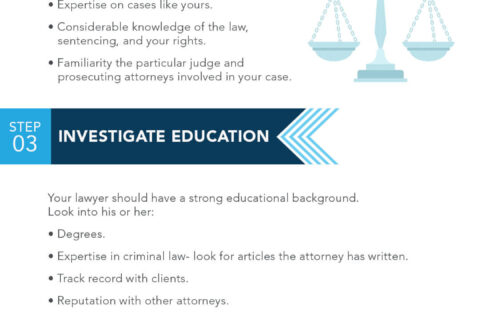Understanding Violent Crimes: Types, Consequences, and Defense Strategies
Violent crime, encompassing a range of actions from assault to murder, represents a significant category of criminal activity. Have you or a loved one been accused of committing a violent crime? It’s important to understand the potential consequences of such actions and the defense strategies legal professionals use.
Types of Violent Crimes
Violent crimes typically involve force or threats of force and can take numerous forms:
- Homicide, or unlawfully causing the death of another person, is at the most severe end of the spectrum.
- Robbery is a crime that combines theft with violence.
- Assault is intentionally causing physical harm to another person.
- Sexual assault is forcing unwanted sexual activity upon someone else.
- Domestic violence is abusive behavior in a home setting, typically between spouses or romantic partners.
- Child abuse is the physical, sexual, or emotional mistreatment of a child.
Consequences of Committing a Violent Crime
The outcomes of a violent crime conviction depend on the severity of the crime and your criminal history. Some possible consequences include:
- Legal punishments: Court-imposed sentences for violent crimes can be severe, with penalties ranging from probation and fines for lesser offenses to life in prison or capital punishment for the most serious crimes.
- Personal impact: A conviction also profoundly impacts your personal life. This may include the loss of employment, housing, or education opportunities; irreparable harm to your reputation; and strained family relationships.
- Post-conviction requirements: A sexual offense conviction may require you to register as a sex offender, imposing additional restrictions on your activities and residency and subjecting you to societal stigma.
Defense Strategies for Violent Crimes
Understanding the considerable consequences of a violent crime conviction underscores the importance of having an experienced defense attorney when facing such charges. Here’s how a knowledgeable lawyer can defend you against criminal accusations:
- Self-defense: Arguing that you were protecting yourself from imminent harm requires you to demonstrate that an immediate threat was present and that the use of force was necessary for your safety.
- Alibi: If substantiated, an alibi can prove that you were elsewhere when the crime occurred.
- Mistaken identity: This defense aims to prove that you were accused due to unreliable eyewitness testimony or a flawed investigation.
- Disputing the prosecution’s evidence: This involves scrutinizing the methods by which evidence was collected or analyzed to expose potential inaccuracies or procedural flaws.
Contact a Criminal Defense Attorney in Ogden, UT
Understanding violent crimes, their implications, and defense strategies is essential for anyone entangled in the criminal justice system. Working with experienced defense lawyers, such as those at Richards & Richards Law Firm, is instrumental in navigating criminal accusations. Our family-owned law firm provides a variety of legal services spearheaded by a highly experienced, bilingual legal team. We believe every case deserves the utmost attention and expertise, so we employ strategies tailored to each unique situation. Don’t face legal challenges alone—contact us today at 801-621-7443 to speak with a criminal defense attorney in Ogden, UT, and get the support and guidance you need.


